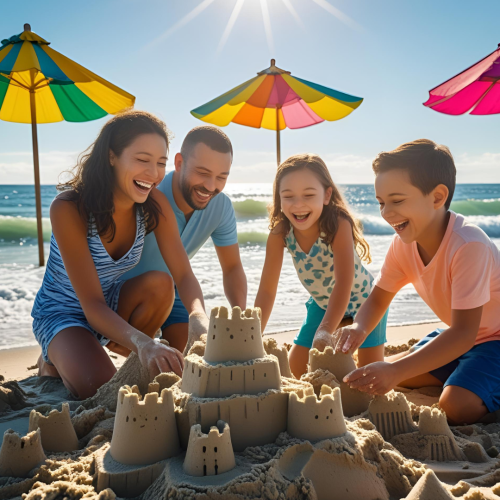- 01753 373 244 | 0800 999 1342 (Mon-Fri 9am-5pm)
- gems.4health@nhs.net
With summer fast approaching, you may be looking at family holidays, visiting relatives, planning days out, or travelling. This can be both exciting and daunting for families with autistic and ADHD children. With preparation and a flexible mindset, these experiences can become positive, memorable adventures for the whole family. Check out our tips to help you plan enjoyable and successful trips, whether you’re heading out for the day, staying overnight, or visiting relatives.


By planning ahead, having clear communication and expectations, and taking a flexible approach, traveling and holidays can be enjoyable for the whole family. Focus on your child’s and family’s needs, build in supports, and remember that it’s okay to do things differently. The most important part is making positive memories together, at your own pace and in your own way.